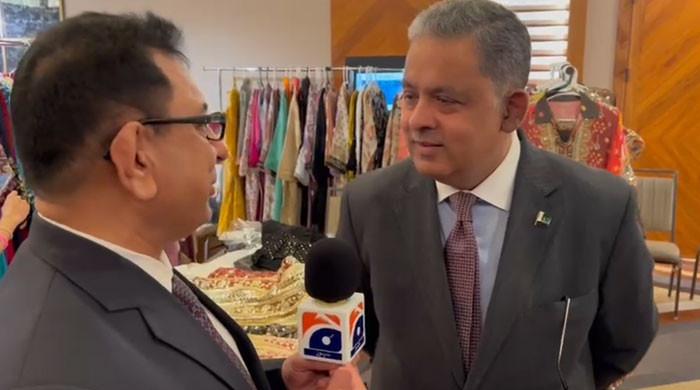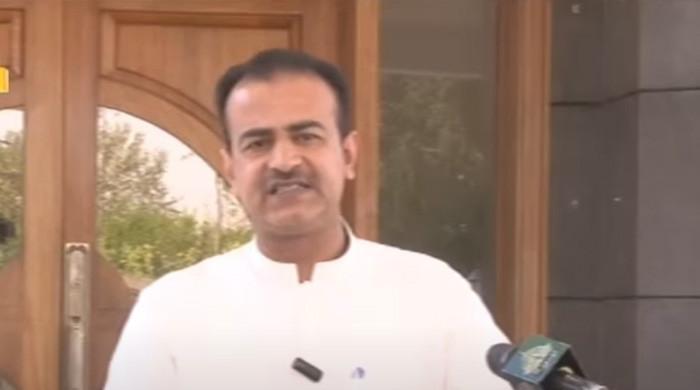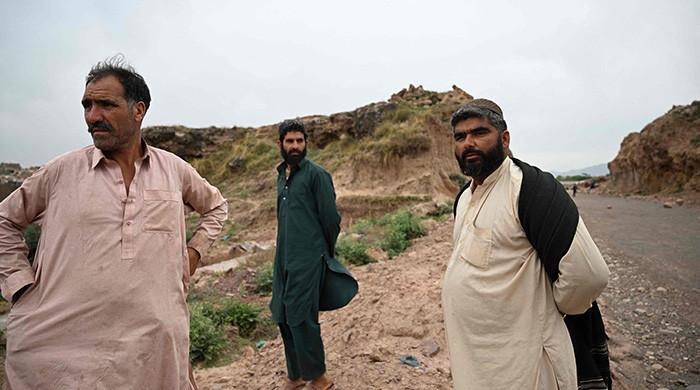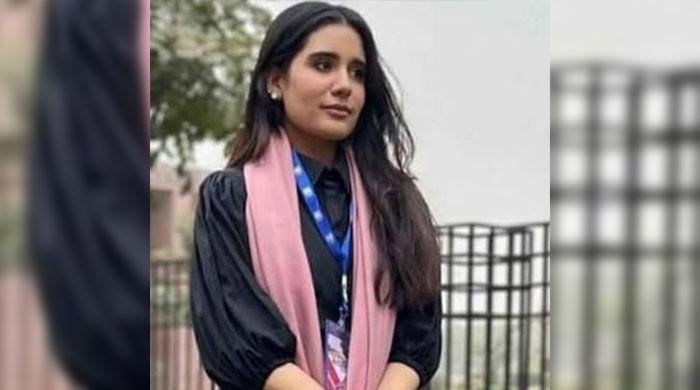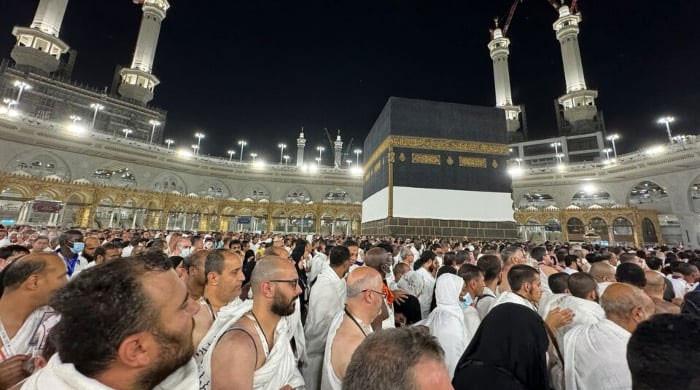PPP's Raza Rabbani alarmed over ECP meetings with foreign diplomats
"Pakistan is not a 'client state'. Upcoming general elections are our 'internal matter'," says former Senate chairman
August 31, 2023
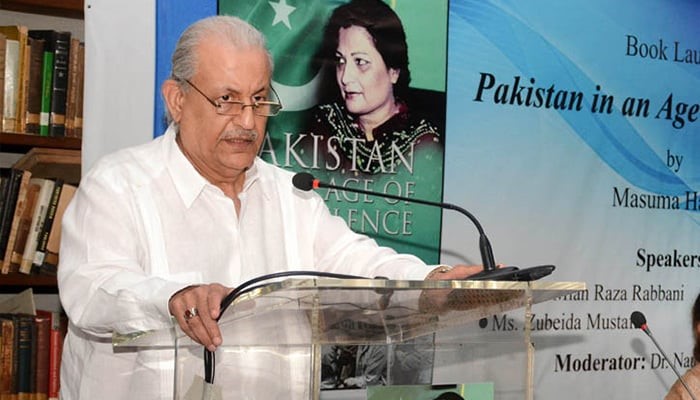
- Rabbani irked over foreign diplomats' comments on elections.
- Elections are Pakistan's internal matter, says PPP stalwart.
- Former Senate chairman says Pakistan is not a 'client state'.
Pakistan Peoples Party's (PPP) senior leader Senator Raza Rabbani has objected to the Election Commission of Pakistan's (ECP) interactions with foreign diplomats.
The former Senate chairman has expressed his concerns over foreign dignitaries holding meetings with Chief Election Commissioner (CEC) Sikandar Sultan Raja in his personal capacity and issuing statements regarding the election timeline and transparency. "Elections are Pakistan's internal matter. We're not a client state."
The veteran politician is of the view that whatever's left of Pakistan's political independence mustn't be allowed to be violated via foreign involvement.
The development comes as the country's top electoral body has held meetings with all the major stakeholders in order to create a consensus for the upcoming general elections.
The ECP has held consultations with various political parties including PPP, Pakistan Muslim League-Nawaz (PML-N), Pakistan Tehreek-e-Insaf (PTI), Muttahida Qaumi Movement-Pakistan (MQM-P), Jamaat-e-Islami (JI), and Jamiat Ulema-e-Islam-Fazl (JUI-F), Balochistan National Party (BNP), Balochistan Awami Party (BAP) and Awami National Party (ANP).
A day earlier, the electoral body once again reiterated its commitment to finish the delimitation process by December and hold elections by mid-February.
Last week the PML-N's delegation backed the election organising authority to hold polls after carrying out delimitation of constituencies based on the new census.
As per the election watchdog, the Nawaz Sharif-led party informed the ECP that the Council of Common Interest (CCI) had unanimously given the approval for the publication of census results.
“All political parties agreed that 2023 elections should be held as per the new census. The delimitation schedule issued by the Election Commission is in accordance with the Constitution and the law,” the PML-N informed the ECP as per the watchdog.
Moreover, the electoral authority had also interacted with delegations of the JUI-F and PTI, separately.
In those meetings, the JUI-F had backed the ECP to hold general elections after the delimitation while the PTI had urged the electoral watchdog to drop the process and conduct polls with 90 days.
Uncertainty around general elections
The decision to hold the consultative process came after uncertainty emerged on when the general elections will be conducted.
The Shehbaz Sharif-led previous government dissolved the National Assembly on August 9, while Sindh and Balochistan assemblies were also prematurely dissolved to allow the electoral authority to hold elections in the country within 90 days instead of 60 days if the legislature completed its constitutional tenure.
However, the ECP may not be able to hold the polls within the stipulated time as the CCI, days before the dissolution of the assemblies, approved the 7th Population and Housing Census 2023.
The CCI meeting chaired by then-prime minister Shehbaz approved the final results of the census reporting the country’s population at 241.49 million with a growth rate of 2.55%.
The CCI approval made it constitutionally mandatory for the poll watchdog to hold elections following fresh delimitations in the light of the results of the 7th census.
According to Article 51 (5) of the Constitution, the seats of the National Assembly to each province and the federal capital shall be allocated on the basis of population in accordance with the last preceding census officially published.
Subsequently, on August 17, the ECP announced the schedule of new delimitations to be carried out as per the new census approved by the CCI.
As per the schedule, the new delimitation of constituencies nationwide will be notified in December this year.
The ECP schedule showed that fresh delimitation will take nearly four months, meaning the general elections in the country cannot be held within 90 days of the dissolution of the provincial and national assemblies.




